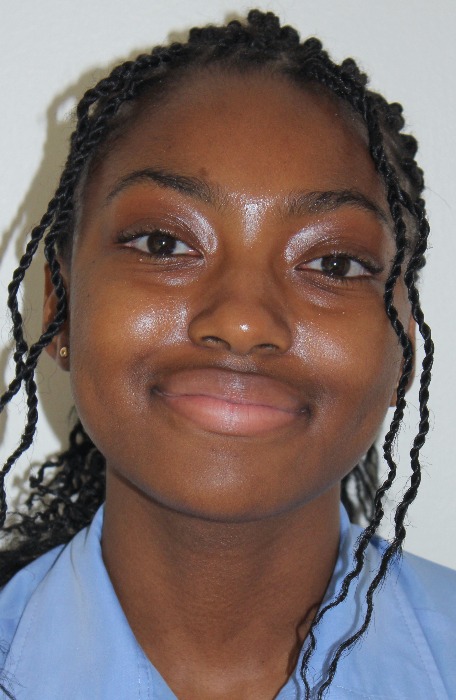Times are changing in Namibia
The Ministry of Home Affairs and Immigration announced that there will be no winter time change (daylight saving time) next year. The new law of the Namibian Time Act repeals the old one of 1994. The standard time of Namibia will be set two hours in advance of the Greenwich Meridian (GMT+2). Daylight saving time was originally introduced to improve the safety of students walking to and from school. This is particularly true for those in rural and informal settlement areas as it becomes dark quickly during winter and exposes students to crime. With no daylight saving time, many wonder how schools in Namibia will be affected. Another possible change that is sure to have a great impact on the St Paul’s community is the potential introduction of having four school terms rather than three.“I think the summertime will be the same as it was. The wintertime is going to be harder because the first couple of hours at school will be in the dark. The biggest change, however’ is if the Ministry brings in 4 terms,” says the Deputy Principal of St Paul’s, Ms Jenkins. “We are used to 3 terms and I think most of us prefer the longer holidays that go with 3 terms instead of possibly having 4 shorter holidays.” Ms Jenkins also stated that one of the challenges for the teachers will be having to even out the work for students. She said that the teachers might feel like there is a lot of starting and stopping rather than getting through the work like they normally would in three terms. “I think that the final examination term will be difficult to arrange for the grade 12 students because instead of having time to come back and do a final bit of revision and polishing up they will go straight into exams. I think that will be harder, not impossible but just harder.”
“On the one hand it makes the terms shorter but on the other hand, it also makes the holidays shorter. The dates that we’ve been given mean that students will be in school during the darkest, coldest time in July,” said Mr Van Rensburg, a teacher at the College. He further explained that the dates suggested show that the winter holidays will end in June and a new school term will begin in July, which is the coldest time of the year. He continued by stating that, “Whether they go for 3 or 4 terms I would rather see that schools start at 07:30 in the morning, so we finish later at 2:15. Either way I have worked in both systems so the only disagreement I have is that the end of the first and third term will be only 10 days which isn’t enough time to relax.”
When the students were asked for their opinion on the changes facing us next year, Jana Swanepoel commented on the possibility of there being four terms, “We are going to have an equal amount of days for the holidays but each holiday is going to be much shorter and we’re just not going to be able to enjoy them as much as we did this year. We will probably have to write exams for 3 of those terms and I wouldn’t want that. I personally don’t like change especially when it is to something that I’ve grown used to.” Elmo Kandele, another student, gave his view on the time change by stating, “For some people who live in the north of Namibia it will cause a lot of problems due to the fact that students will have to go to school in the dark and will not be able to see clearly, which is dangerous.”
There is still some uncertainty of regarding the possibility of four terms as it has not been decided on nor finalised. There are both pros and cons to this new system. However, countries like South Africa have managed to work with four terms. We will all have to wait and see what lies ahead.





Comments
My Zone
No comments have been left on this article